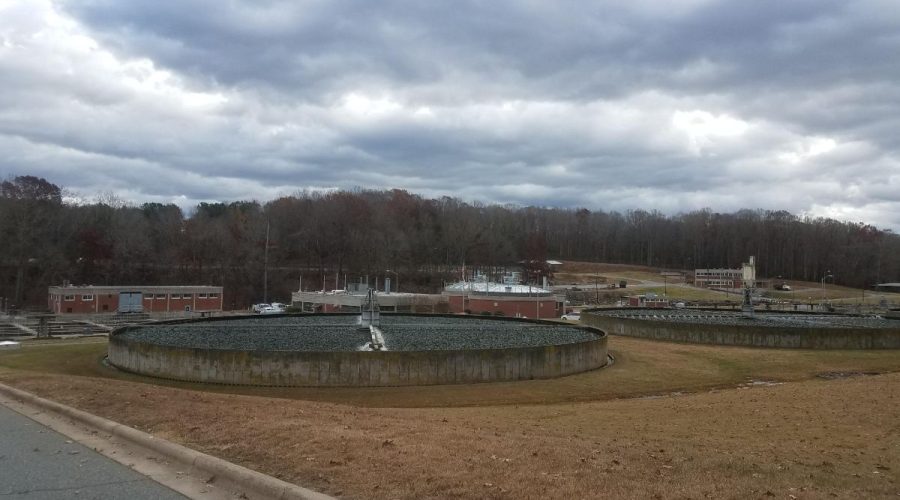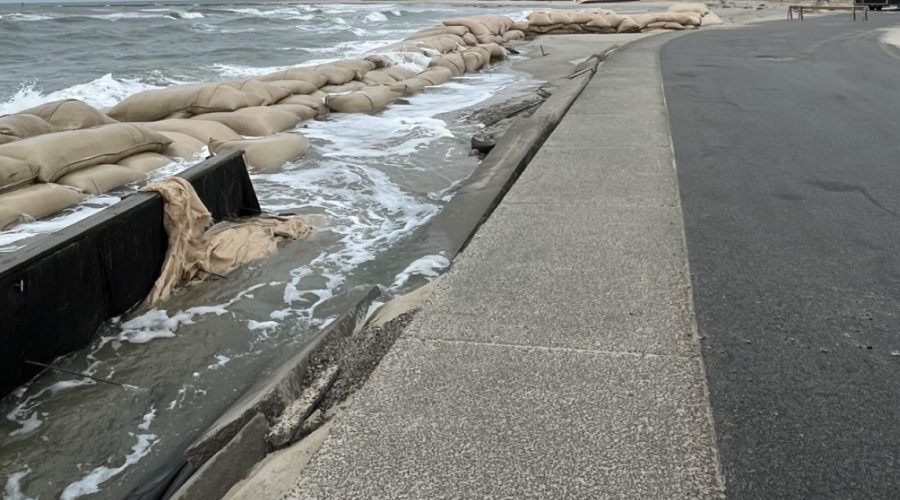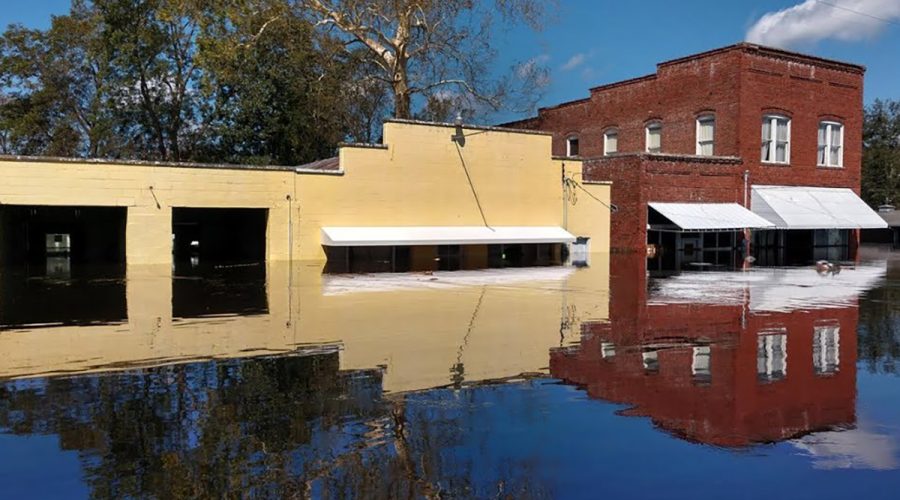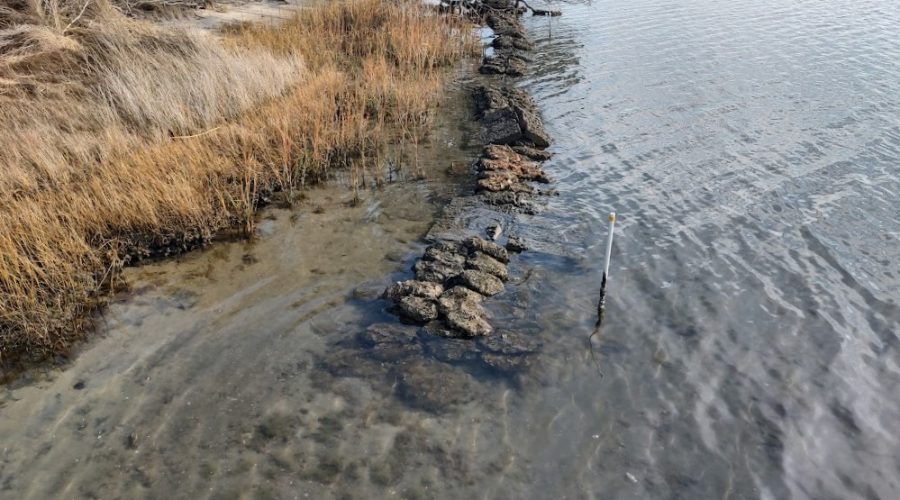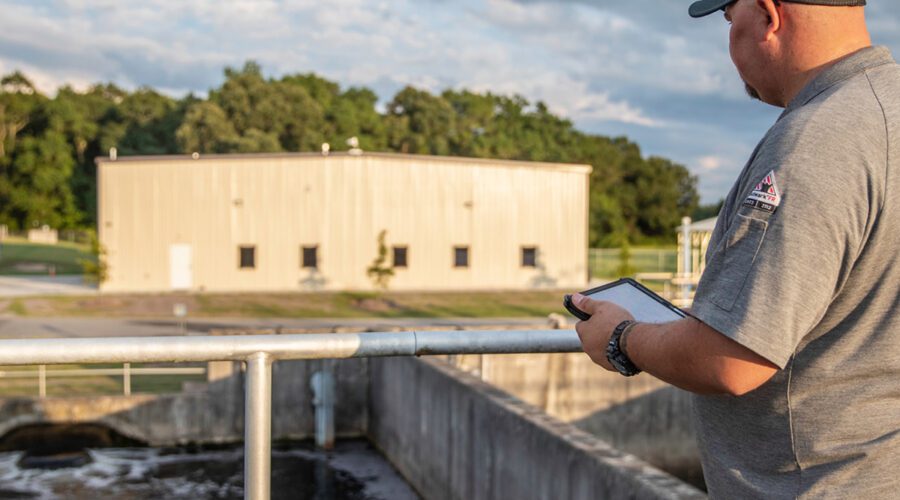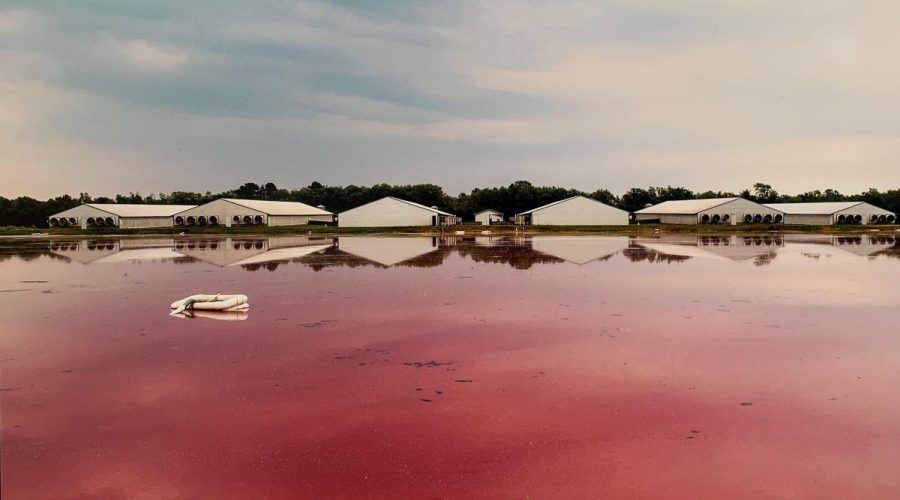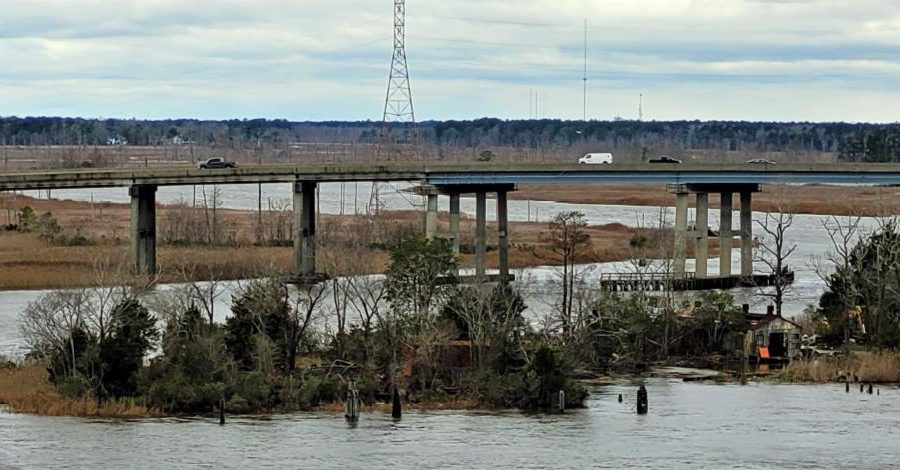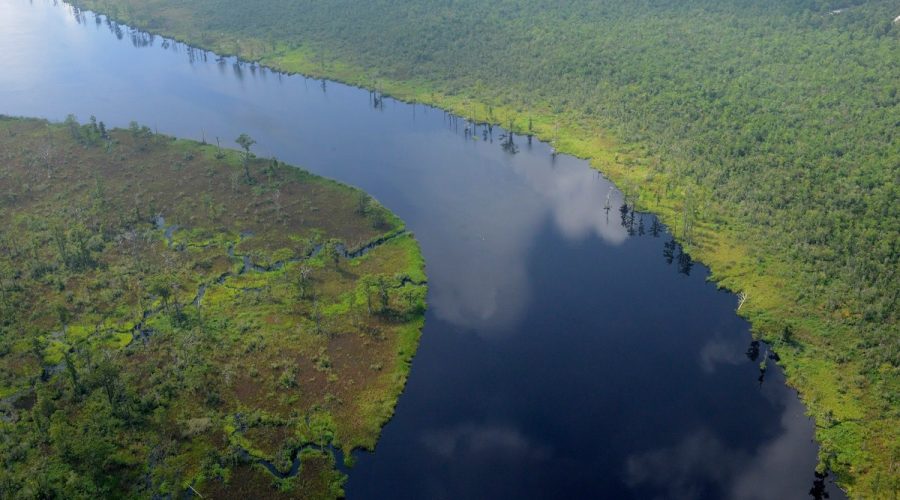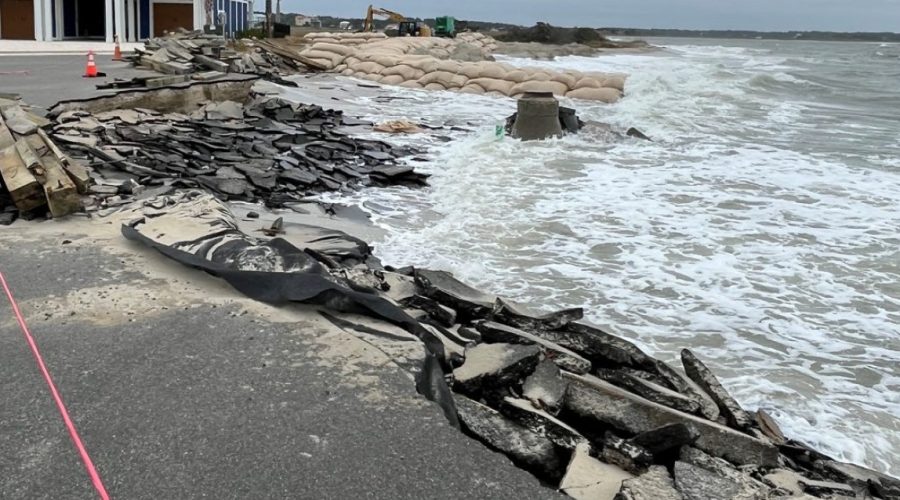Population growth on the North Carolina coast has ramped up pressure on conservation groups to acquire and set aside land, such as the more than 2,000 acres in coastal counties recently protected from development, areas with natural landscape features that reduce flood risk, improve water quality and provide vital habitat.
Judge upholds that DEQ can set wastewater permit limits
A Wake County Superior Court decision upholds that N.C. Department of Environmental Quality has the authority to set limits of 1,4-dioxane discharges from public wastewater utilities.
Ocean Isle seeks to modify permit, nourish beach at east inlet
Officials in Ocean Isle Beach seek federal approval to have up to 70,000 cubic yards of sand placed east of the Brunswick County town’s terminal groin where erosion gnaws at the shoreline in front of a luxury neighborhood.
Despite judge’s order, communities in 20 states still waiting
Coastal communities in line for announced federal storm resilience funding, which the administration pulled last year and that a judge last month ordered immediately and, permanently restored, are still wondering when the money will come.
Thriving oyster colonies on living shorelines boost protection
While it’s not exactly “build it and they will come,” nature-based shoreline erosion-control structures such as living shorelines offer increased protection when they successfully attract and grow oysters.
Division OKs Corps’ request to pause state consistency review
The N.C. Division of Coastal Management has granted a request by the Corps of Engineers to indefinitely pause the division’s review of whether the proposed project conforms with state coastal management program laws, regulations and policies.
NC State team develops simulation tool for offshore energy
North Carolina State University researchers have created a model that simulates wind, waves, tides and currents to help pinpoint areas best suited for various types of offshore energy generation.
Harbor project may risk Orton, other Cape Fear historic sites
Advocates for and owners of historic sites near the North Carolina Port of Wilmington urge the state to object to a proposed federal project to deepen and widen the harbor to accommodate larger ships.
Commission OKs advancing wastewater rules to public review
The public will soon be able to lodge their comments about proposed rules mandating that public sewer plants test their treated discharge into rivers, creeks and streams for three types of per- and polyfluoroalkyl substances and a chemical solvent.
NCDEQ’s staffing cut by more than 30% over 14 years: Report
As North Carolina’s population has grown and the factory farming industry expanded, the state’s environmental agency staff has been slashed by almost a third in less than 15 years.
New Hanover County agrees to purchase, preserve 28 acres
Commissioners have unanimously agreed to a $2.24 million deal that includes two undeveloped tracts across from downtown Wilmington that will remain preserved from development once they are county-owned.
Opponents say river water transfer puts Cape Fear in peril
Fuquay-Varina seeks to transfer 6.17 million gallons per day from the Cape Fear River Basin to the Neuse River Basin to meet the Piedmont town’s projected water demands.
Chemours cannot keep documents sealed, federal judge rules
Chemours and its predecessor company DuPont had sought to seal records including regulatory compliance monitoring reports and internal corporate communications about chemical production.
Jean Beasley, passionate sea turtle protector, dies at 90
The founder of the Karen Beasley Sea Turtle Rescue and Rehabilitation Center on Topsail Island, which she named in memory of her late daughter, was driven to protect the beloved ocean dwellers.
Partnership to test living shorelines on two Cape Fear islands
An effort to protect threatened wading bird colonies and their imperiled habitat on Battery and Shellbed islands, Audubon, Sandbar Oyster Co. and the North Carolina Coastal Federation have teamed up to design and install two pilot projects and test their effectiveness.
Ocean Isle Beach landowners get OK to build sandbag wall
Petitioners were granted permission to build a sandbag wall to protect their oceanfront properties at The Pointe in Ocean Isle Beach, with a stipulation that the public area of the beach remain unimpeded by the structure.


